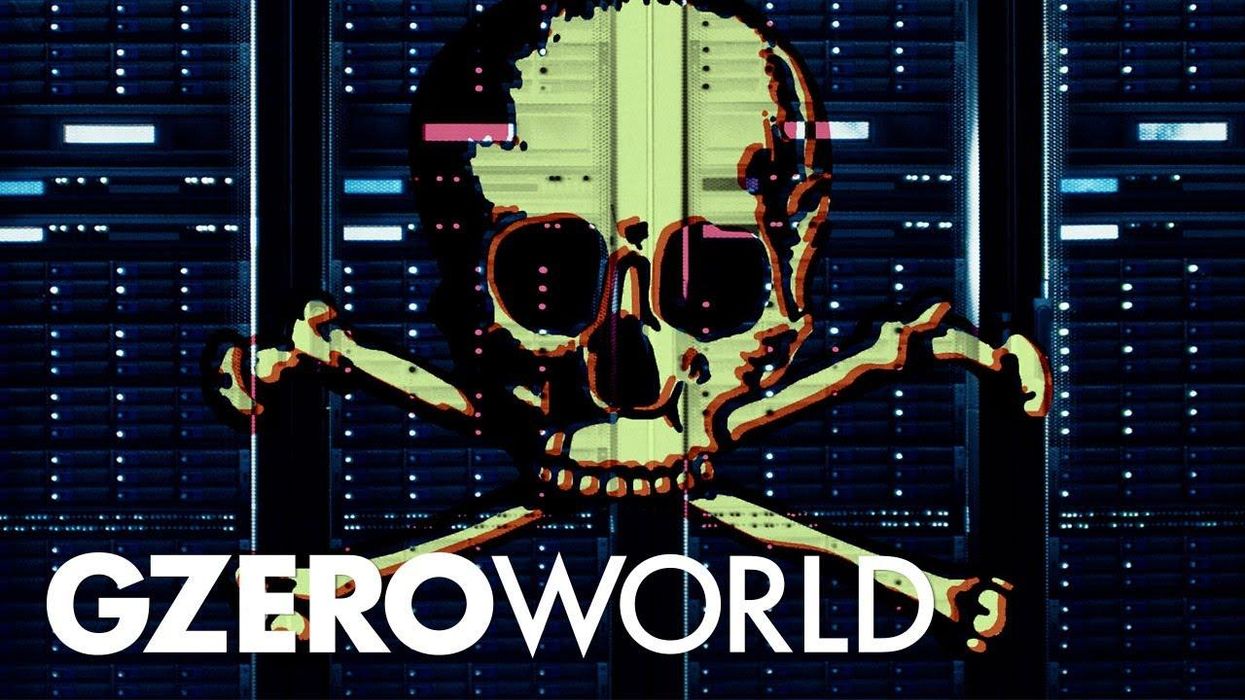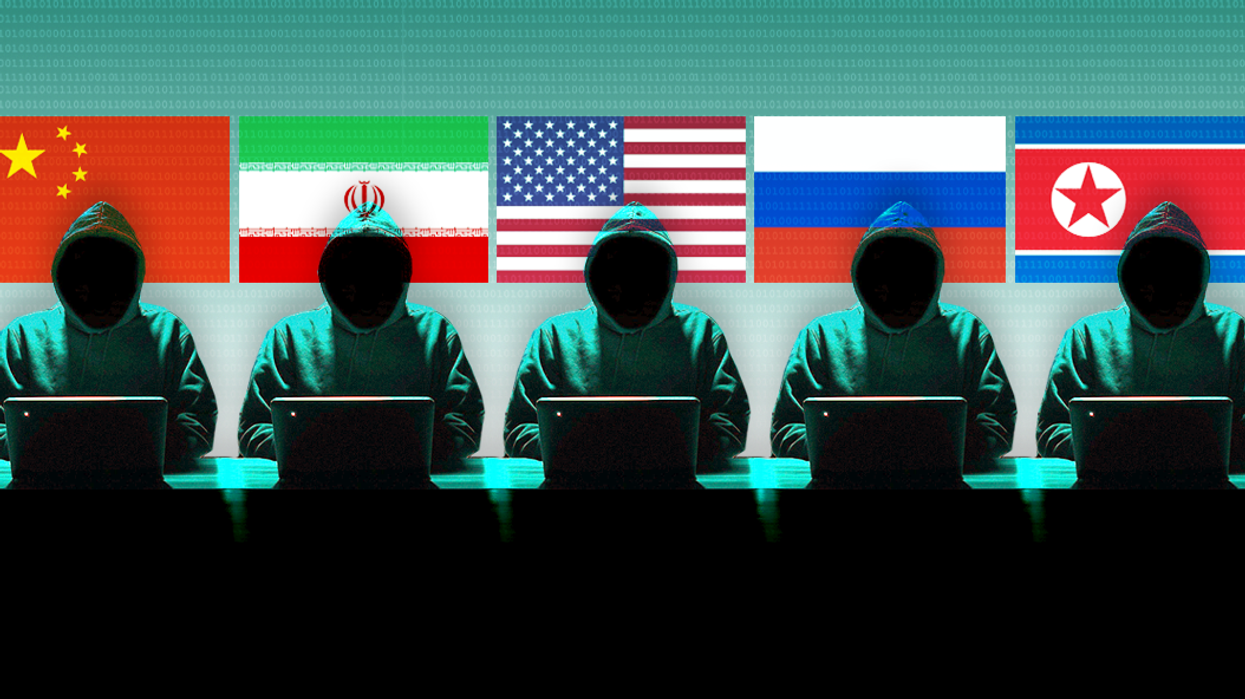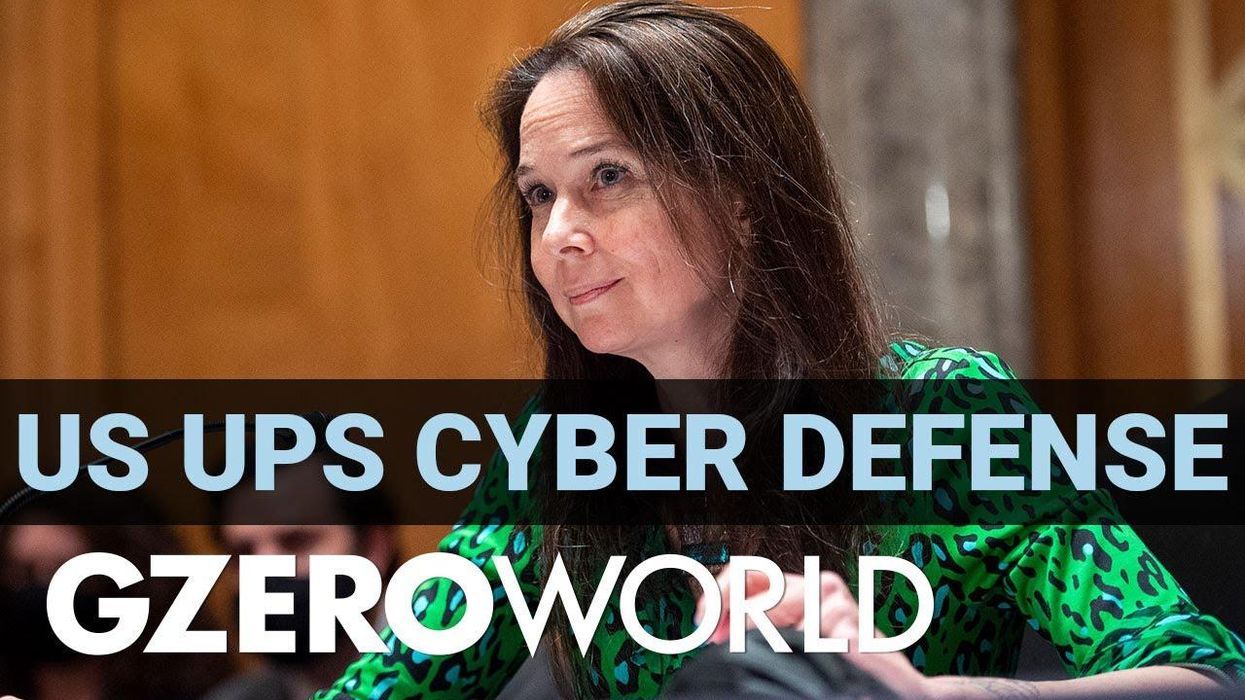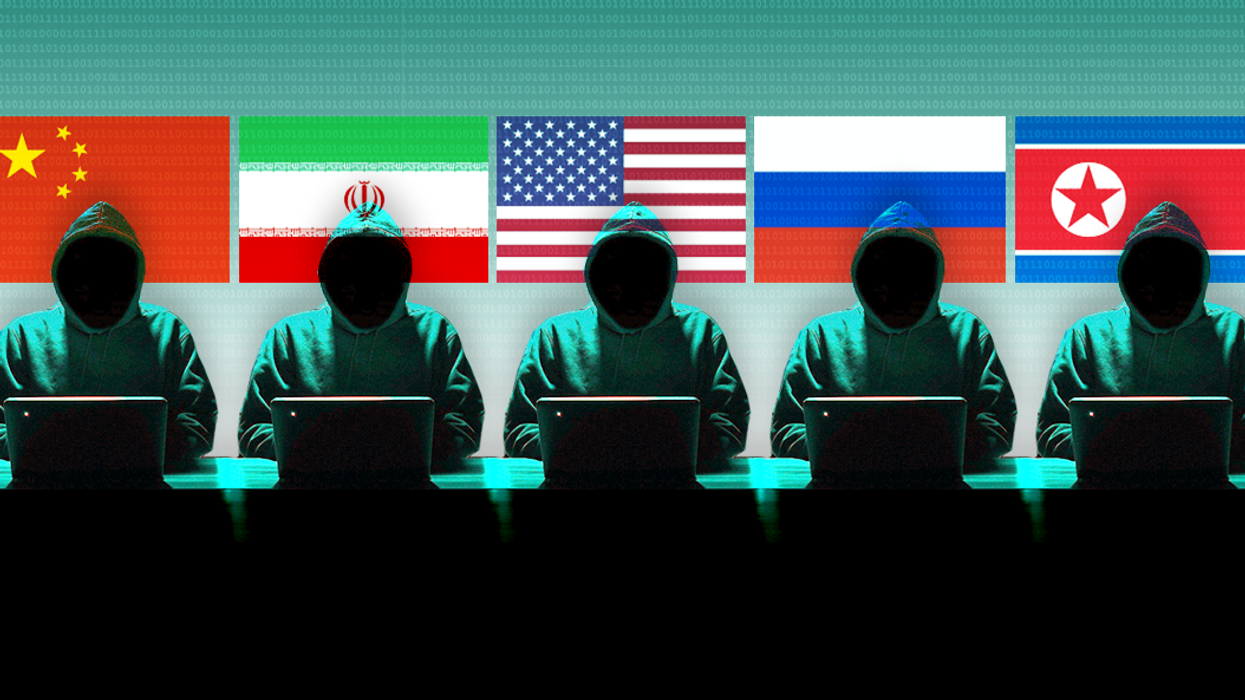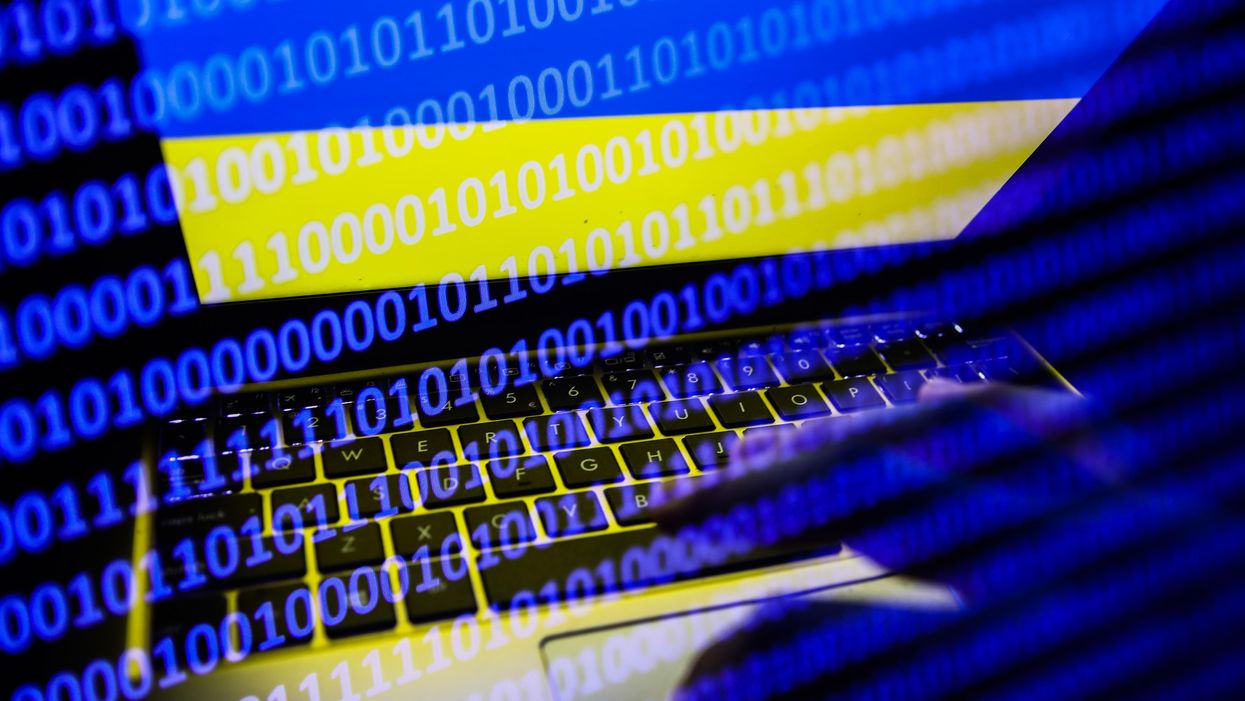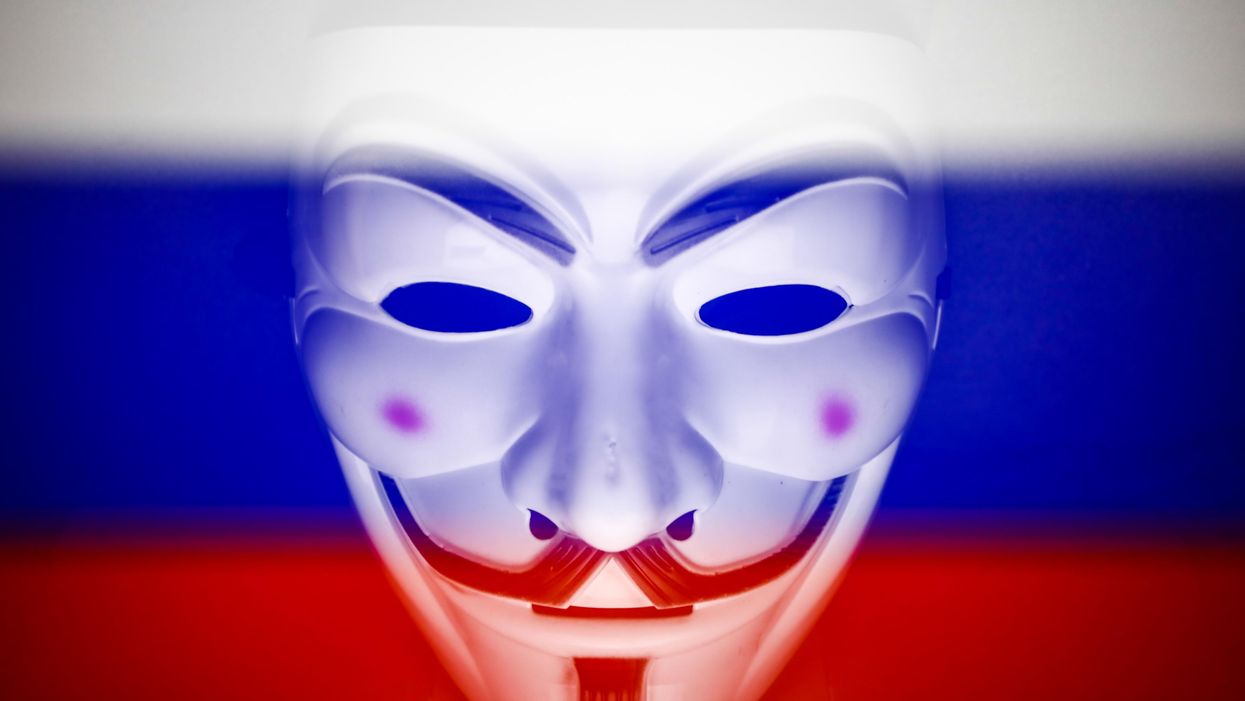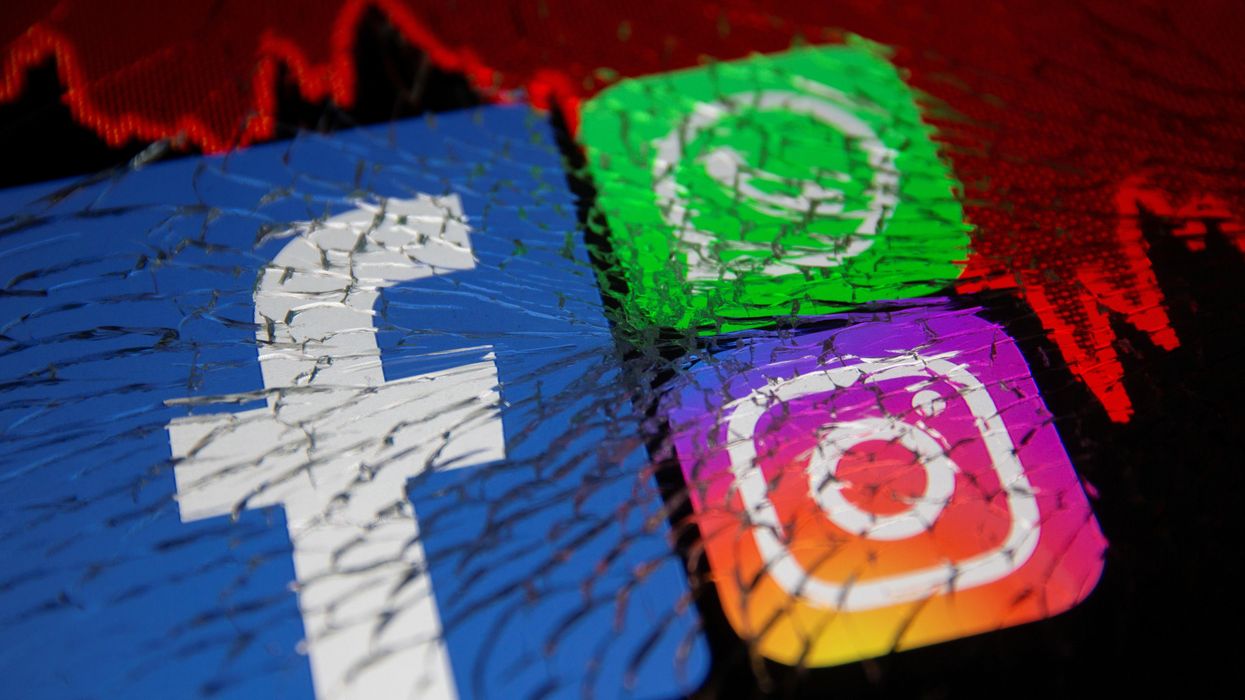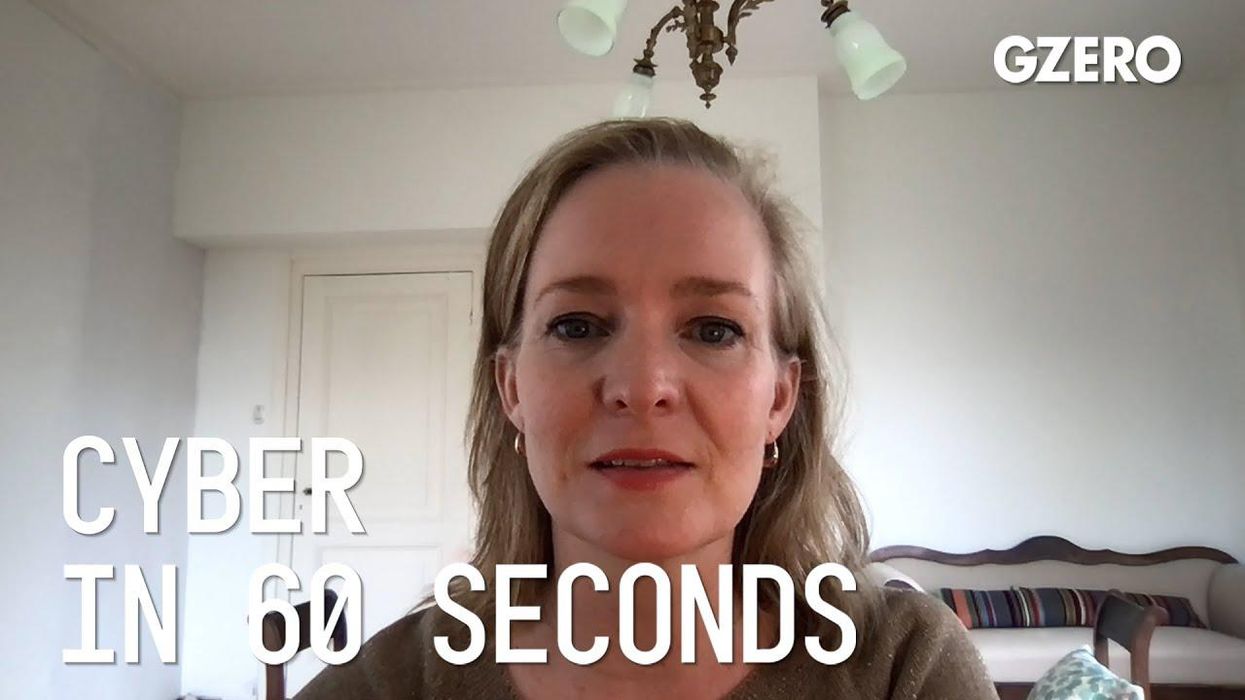GZERO World Clips
Will the US be able to withstand cyber attacks on critical infrastructure?
The global cyber landscape has never seemed so dire. From Russian-backed ransomware attacks against America’s largest oil pipeline to the phone scammer who won’t leave you alone during dinner, we’re living in a brave new world. On GZERO World, Ian Bremmer speaks to Jen Easterly, director of the US cybersecurity agency, tasked with defending the country from all cyber threats — foreign and domestic, who is optimistic about the state of America’s cyber defenses.
Sep 04, 2022

